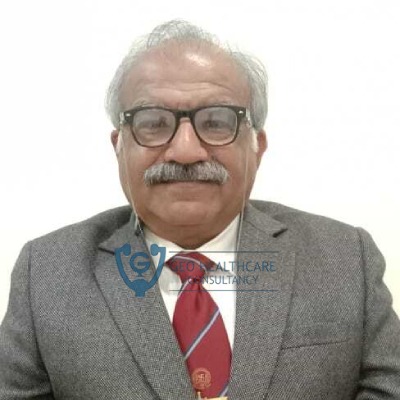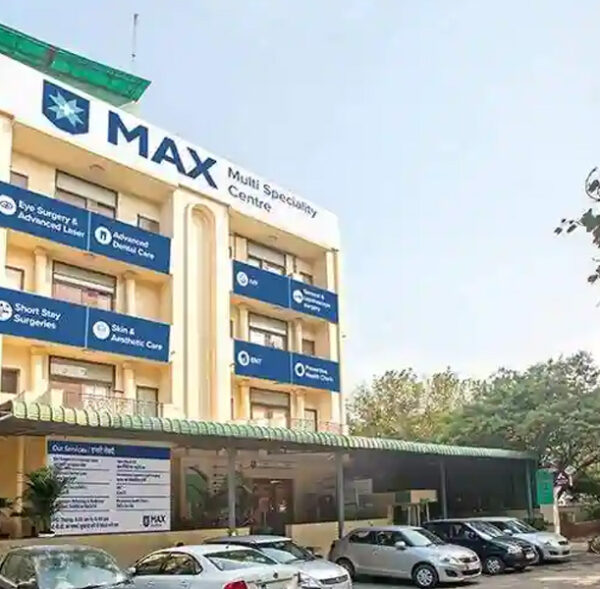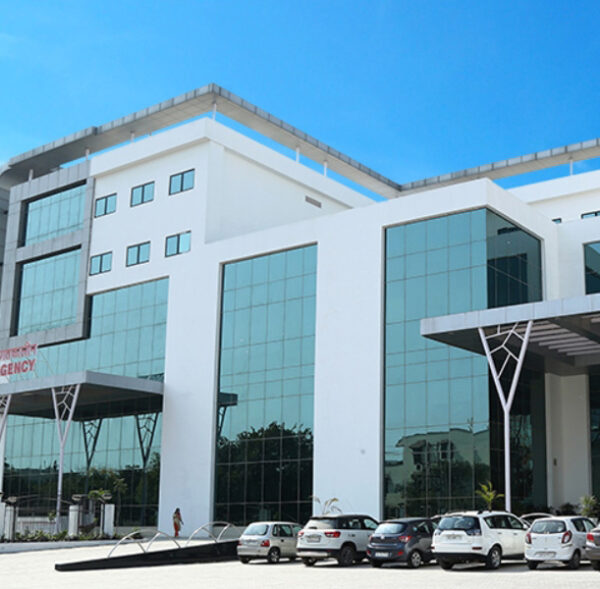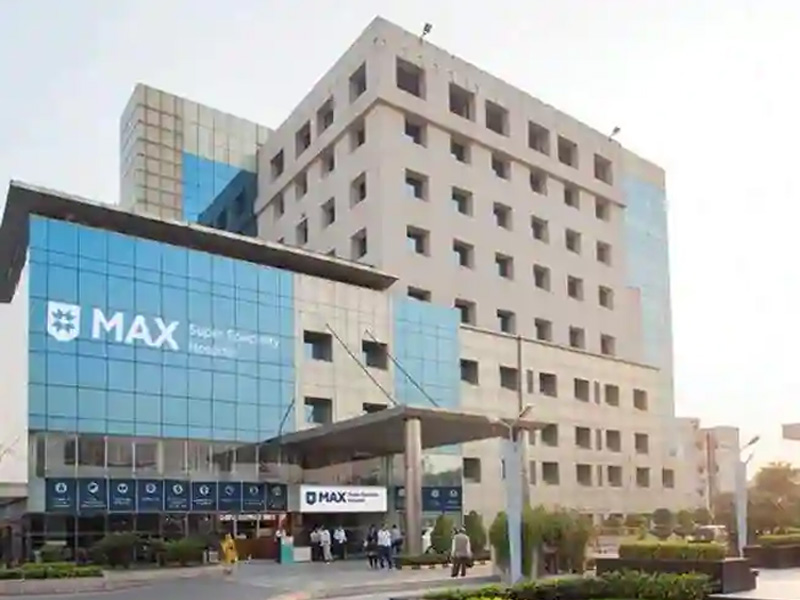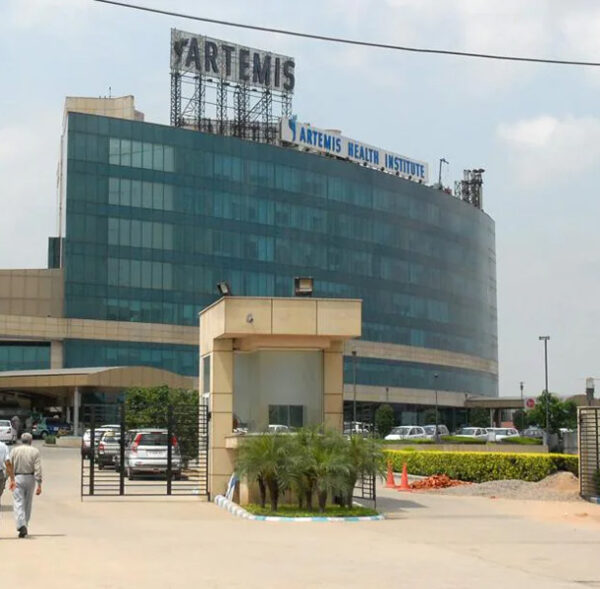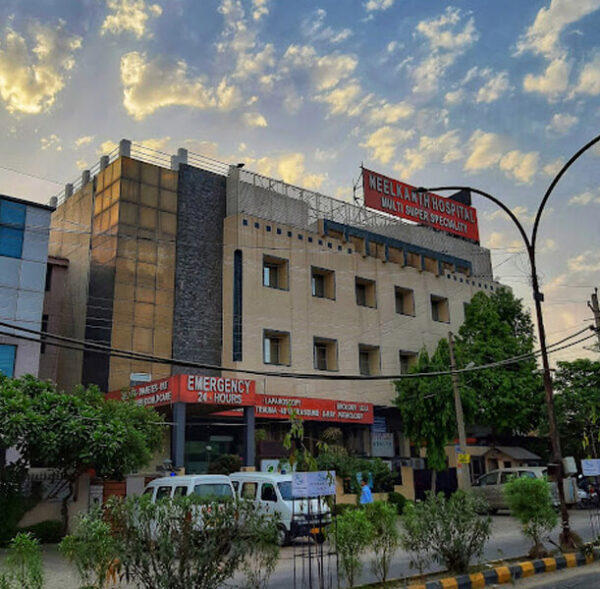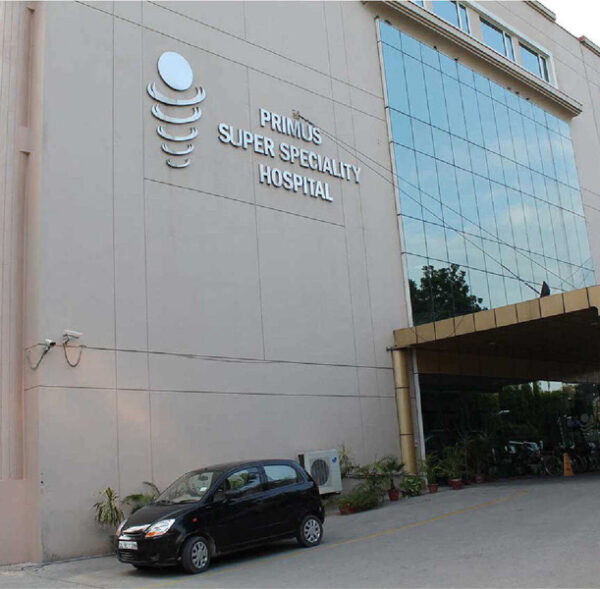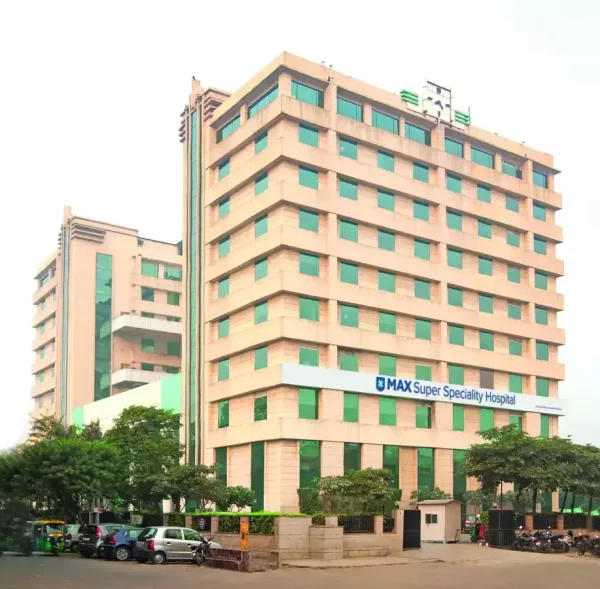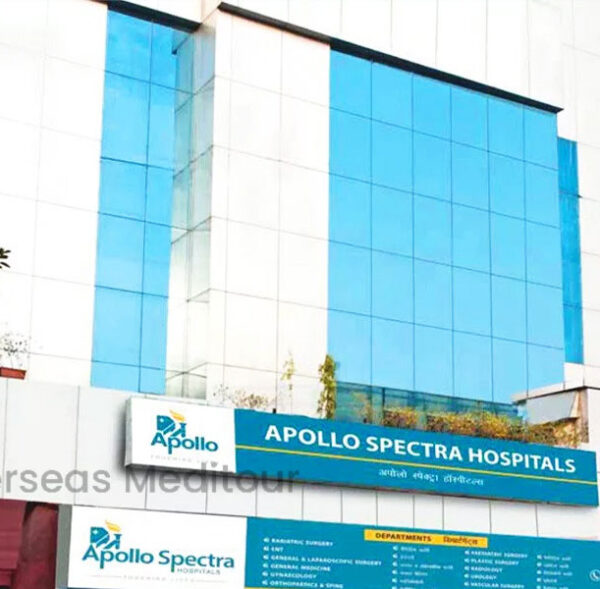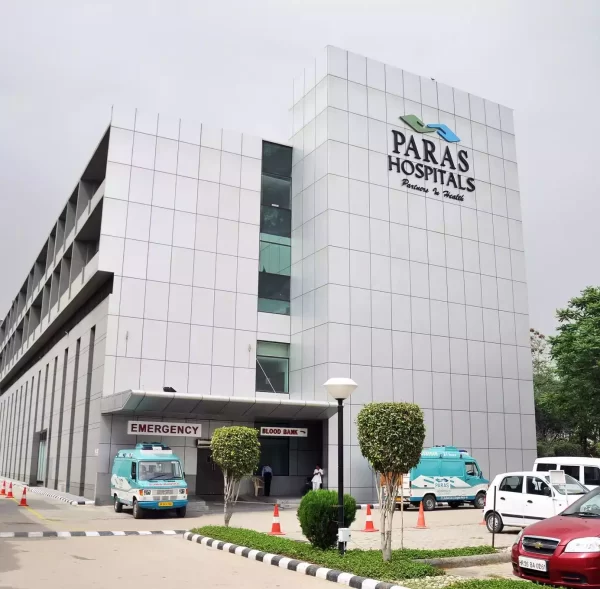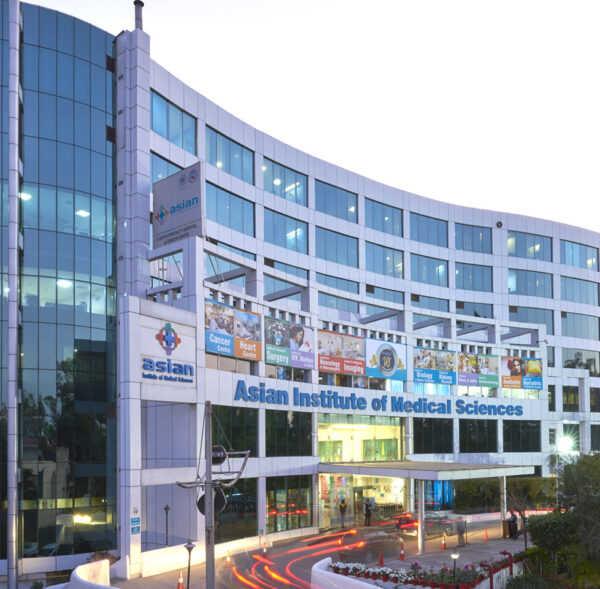Common Areas of Surgical Oncology
Surgical oncology covers a wide range of procedures aimed at treating various types of cancer.
The most common areas include:
-
Breast Cancer Surgery
-
Prostate Cancer Surgery
-
Abdominal Cancer Surgery
-
Pancreatic Cancer Surgery
-
Bone Cancer Surgery
-
Colorectal Cancer Surgery
Each of these surgeries is tailored to the specific type and stage of cancer, helping to remove
tumors, alleviate symptoms, and improve the patient's chances of recovery.
Postoperative Care
After surgery, postoperative care is crucial for a successful recovery. This includes:
-
Wound Care: Keeping the incision clean and dry to prevent infection.
-
Pain Management: Your doctor will prescribe medications to manage any discomfort or
pain.
-
Follow-Up Appointments: Regular check-ups are essential to monitor your recovery and
address any complications.
Breast Cancer Surgery
Breast cancer is one of the most common cancers treated with surgery. Surgical options
include:
-
Lumpectomy: Removing the tumor while preserving most of the breast
tissue.
-
Mastectomy: Removing the entire breast, often used in cases of
advanced cancer or
when multiple areas are affected.
Prostate Cancer Surgery
For prostate cancer, surgery involves removing the prostate gland, a
procedure known as a
prostatectomy. This is typically recommended for men with early-stage
prostate cancer when
the cancer is confined to the prostate.
Abdominal Cancer Surgery
Abdominal cancer refers to cancers affecting organs like the stomach, liver,
and intestines.
Surgery may involve removing part or all of the affected organ. Gastrectomy
(stomach removal)
or hepatectomy (liver resection) are examples of abdominal cancer
surgeries.
Pancreatic Cancer Surgery
Pancreatic cancer is often treated with a procedure known as the Whipple procedure
(pancreatoduodenectomy), which involves removing the head of the pancreas, part of the small
intestine, and sometimes other nearby tissues.
Bone Cancer Surgery
For patients with bone cancer, surgery may involve removing the tumor and surrounding tissue
or, in severe cases, amputation. Limb-sparing surgery is a preferred option when possible,
allowing the patient to retain the affected limb.
Colorectal Cancer Surgery
Colorectal cancer often requires surgery to remove the cancerous section of the colon or
rectum. Procedures like colectomy or proctectomy are common for treating these cancers.
Why You May Need Surgery
Cancer surgery is often necessary to:
-
Remove the Tumor: In many cases, surgery is the most effective way to remove cancer.
-
Stage the Cancer: Surgery allows doctors to determine the extent of the cancer’s spread.
-
Relieve Symptoms: In some cases, surgery is performed to relieve pain or blockages
caused by tumors, improving the patient’s quality of life.
How to Prepare for Surgery
Preparing for cancer surgery involves several important steps:
-
Consult with Your Surgical Oncologist: Discuss the procedure, its risks, and the
expected outcomes. Your doctor will guide you on what to expect.
-
Pre-Surgery Tests: You may undergo imaging tests, blood work, and other assessments
to ensure you’re ready for surgery.
-
Healthy Lifestyle Changes: In some cases, surgery is performed to relieve pain or blockages
caused by tumors, improving the patient’s quality of life.



